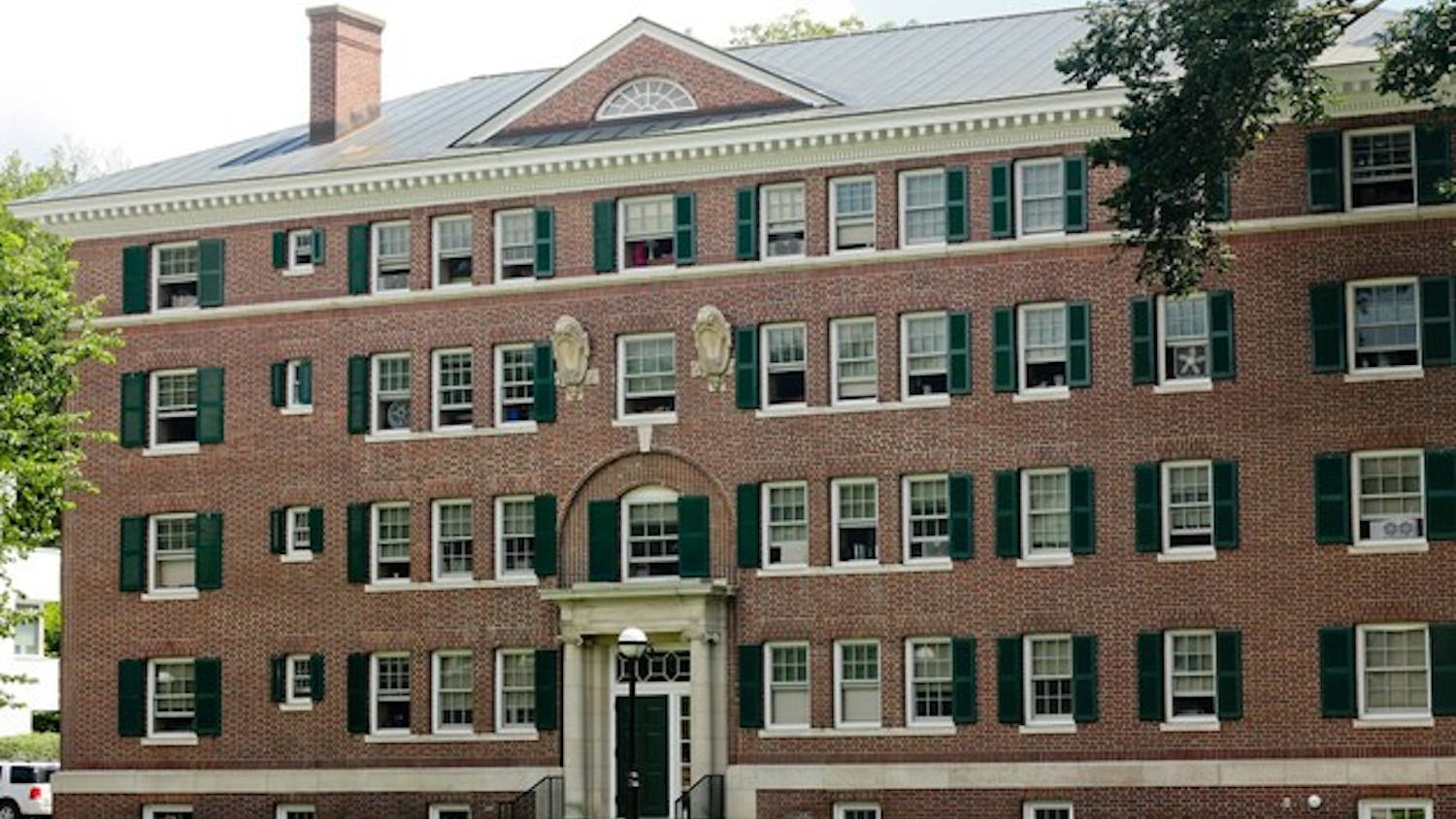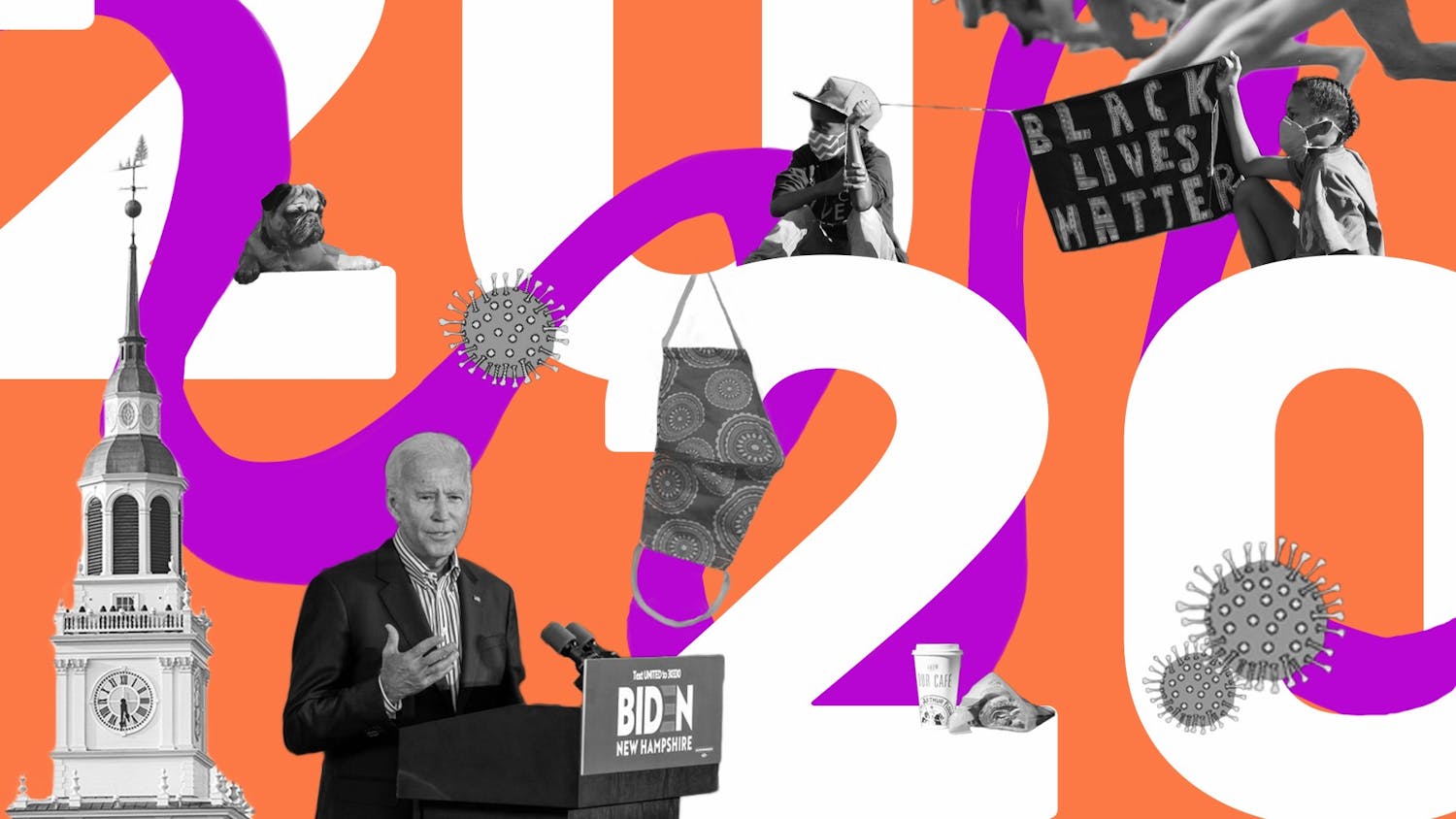Though winter term has begun, most students still dialed into their Zoom classes while scattered far from Hanover. The reason? On Dec. 7, the College announced that it had chosen to delay move-in from Jan. 5 and 6 to Jan. 16 and 17 in order to mitigate the consequences of a post-holiday surge in COVID-19. This late decision — announced just a month before students were due to return, and nearly a month after the College gave students their original move-in dates — has created financial and academic difficulties for students forced to abruptly change their plans.
In an email to undergraduate students, Provost Joseph Helble stated that the decision to delay move-in came due to higher-than-anticipated growth in community transmission in the Upper Valley, and COVID-19 case data following Canadian Thanksgiving that indicated a post-holiday surge would be likely. The College’s decision came almost two months after the Canadian holiday, which was held on Oct. 12.
Rationale aside, the timing of the announcement and the lack of transparency leading up to the decision leave much to be desired. That the winter weather and holiday season would lead to a rise in COVID-19 cases came as a surprise to no one, and it is unclear why Dartmouth failed to act on that information until the last minute.
Moreover, students, who received their original move-in times on Nov. 13, were given no reason to believe that those assignments would be anything but final. Given the tight, five-to-six-hour windows for move-in, restrictive flight schedules and the financial benefits of booking early, many students had made travel plans by the time the College’s last-minute decision went out to campus. Now, many will be responsible for covering hundreds of dollars in flight change fees and hotel costs out of pocket.
Responding to a question from Student Assembly regarding support for students affected by the delay, the College simply stated that the financial aid office would respond to “individual concerns from high-need students.” Beyond that short statement, the College offered no indication of how it would fairly compensate the students affected by its last-minute plans.
In the absence of sufficient financial support from the College in the wake of its responses to the pandemic, students have even taken the drastic step of starting mutual aid funds. The Dartmouth Student Union has led the most prominent such campaign, raising thousands of dollars in its most recent push to support students struggling to pay for housing, medical and travel fees and other expenses. These efforts are admirable. The need for them, however, reflects poorly on an administration whose tone-deaf decision-making and chronic lack of transparency has forced students to resort to such means.
It was unfair for the College to issue such a major decision so last-minute and with no warning. It is doubly unfair for students to shoulder the burden of the College’s lack of effective leadership and transparency. While the College has stated that it is responding to “individual concerns” from “high-need” students, it is not too late for Dartmouth to offer financial compensation to those who had to pay extra in response to the change in arrival date. It is imperative that the College begin to recognize the impact that its last-minute decision-making has on its students.
The editorial board consists of opinion staff columnists, the opinion editors, the executive editors and the editor-in-chief.



